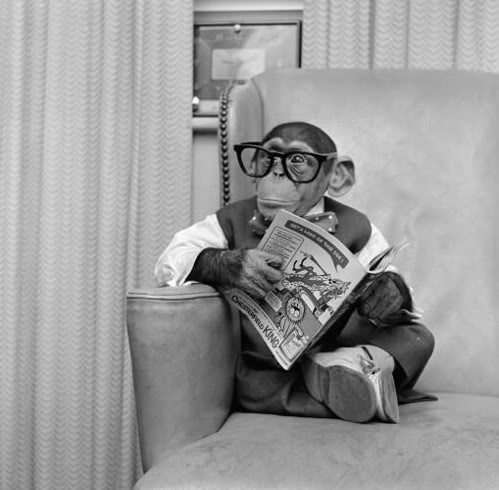A lot of Americans seemed to not be aware until the Snowden leak case that the government is spying on us–and that we’re spying on the government. The realization caused the Amazon sales rank of George Orwell’s 1984 to surge. Of course, Amazon was collecting information about you with each order and if you purchased the Kindle version of the book about spying overlords, you were potentially setting up a trail of info that could incriminate you. The opening of Nick Harkaway’s article on the topic at Future Book:
“I’m quoted in the Guardian’s piece on Joyland and filesharing today, and on the basis that if you’re here at all it’s because you’re prepared to let me flesh out some ideas, that’s what I’m going to do. In the words of George Cyril Wellbeloved: ‘I expect you’re wondering what I think about all this.’
‘All this,’ incidentally, is a new system which apparently alters the text of ebooks in order to trace whose copy has been copied without consent.
In the first place, I think the notion of a book which is reconfigured to provide a chain of evidence in a civil proceeding against the reader is repellant. I think that is in the most perfectly Teutonic sense an un-book. Books should not spy on you. I’m fascinated by Kobo’s remarkable ability to track readers’ progress through an ebook, and the commercial side of me really wants that information. But the civil liberties thinker in me hates that the facility exists and loathes the fact that people aren’t entirely clear on how much they’re telling the system about themselves. It really unsettles me. This is far worse: the deliberate creation of an engine of observation inside the text of the book. It stinks“
Tags: Edward Smowden, Nick Harkaway

